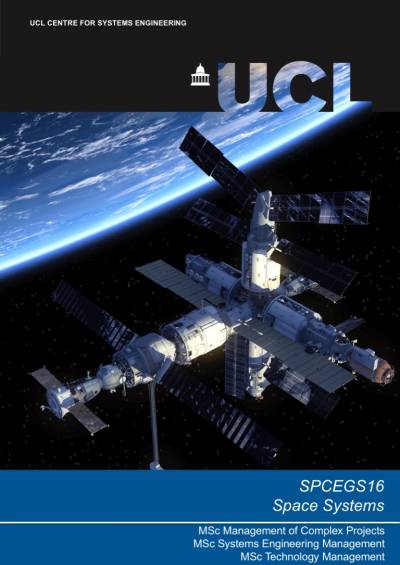Opportunities in space
The value of space satellite systems, and the services that they enable, underpin many commercial and social activities, providing communications, navigation, weather forecasting, disaster mitigation and understanding of climate change. The direct benefits of space (whether economic or societal) are principally delivered through innovative 'downstream' applications and services. These downstream benefits can be many times the value of the direct investment in a particular space technology or mission. Current opportunities for investment to reduce risk and proof-of-concept demonstration include:
‣ Small satellite technologies, including 'formation flying' of constellations of affordable small satellites which can be used flexibly;
‣ Future communications technologies, including highpower components for antennas and receivers, and encryption;
‣ Satellite and spacecraft 'payload' technologies, including instrumentation, image gathering and the related signal-processing applications;
‣ Systems for surveillance of space, to monitor critical space infrastructure for vulnerabilities from natural and man-made factors, for example Near Earth Objects,
space weather and debris, and mitigate such effects;
‣ Opportunities for exploiting low-cost, responsive, and commercial propulsion and launch capabilities.
Space systems module objectives
The purpose of the module is to provide the delegate with a broad understanding of the space sector through exploring why the space sector is important, socially, economically and politically, and why it is relevant to study in the context of systems engineering. This is achieved first through examining the institutional and industrial landscape of organisations involved in space projects. The module then looks at the implementation of systems engineering lifecycles and methodologies to space systems. Space systems primarily include launchers, spacecraft (including manned space flight) and the ground segment which monitors, controls and make use of the services provided by the system. The module provides an understanding of the unique challenges of the environment in which spacecraft operate and the impacts this has on the system engineering activities to ensure a robust design. It also looks at the applications which make use of space assets to deliver services of value to the users.
Click to download our Space Systems Course Flyer
Guest speakers on this module have included representatives from Satellite Applications Catapult, Airbus Defence and Space and the European Space Policy Institute. UCL tutors from the Mullard Space Science Laboratory and the Space Geodesy and Navigation Laboratory.
Teaching mode
The module usually runs anually and is taught through a mixture of lectures, interactive discussions and group exercises which facilitate networking among peers.
Accreditation
This module is 15 credits. It is an optional module on the MSc Systems Engineering Management, the MSc Technology Management and the MSc Management of Complex Projects. It is also a core module for the PG Cert in Space Systems.
Mullard Space Science Laboratory
This module is delivered by the staff of the UCL Centre for Systems Engineering which sits within UCL's Department of Space and Climate Physics, (Mullard Space Science Laboratory - MSSL).
MSSL is a world-leading research organisation and is the UK's largest university-based space research group. MSSL delivers a broad, cutting-edge science programme, underpinned by a strong capability in space science instrumentation, space-domain engineering, space medicine, systems engineering and project management.
Our scientific research ranges from cosmology and the study of extra-galactic objects, to studies of the Sun, the planets and their moons, the Earth, and humans working and living in space. We also research and develop the next generation of space instrumentation. Our research is supported through UK research councils, the UK Space Agency, European and other grants and contracts.
 Close
Close


